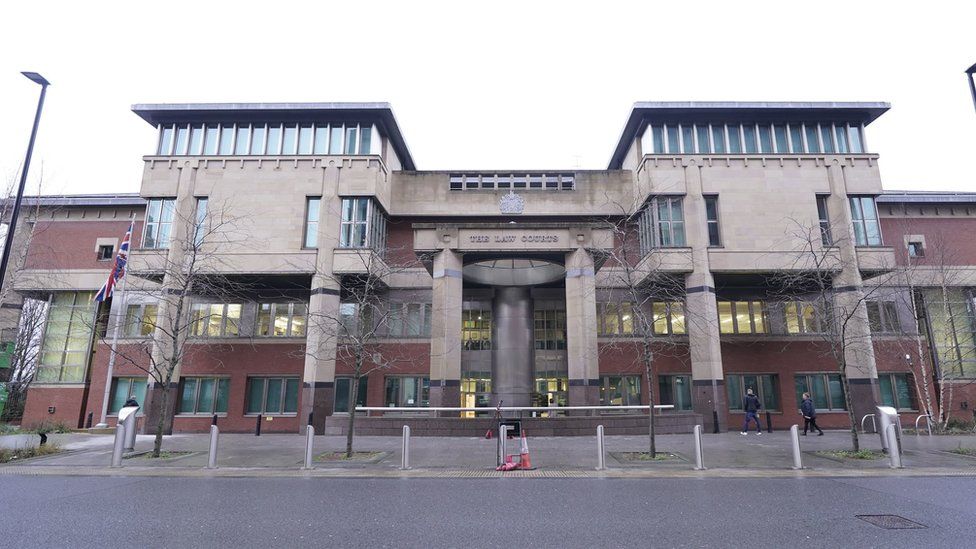
A High Court judge has issued a ruling following a hearing last month
By Hayley Coyle & PA Media
BBC News
A Barnsley man who mixed his sperm with his father’s to help his partner get pregnant will not face a paternity test, a judge has ruled.
The man and his then-partner had experienced fertility problems and went on to have a son.
Barnsley Council discovered the situation and brought legal action demanding a paternity test.
However, a High Court judge ruled the council had “no stake” in the outcome of any test.
The man, his partner and father cannot be named and the court was told the three had “always intended” to keep the arrangement surrounding the child’s conception secret.
At a hearing in January, the court was told the man, known as PQ, had a father and son relationship with the five-year-old child, known as D.
Barnsley Council had discovered the issue during separate proceedings and had requested the High Court in Sheffield order DNA tests.
In his ruling, Mr Justice Poole dismissed their request and said the authority did not have parental responsibility or a “personal interest” in the boy’s biological parentage.
“It may wish to know who is D’s biological father, but it has no stake in the outcome of its application.” he said.
“A wish to uphold the public interest in maintaining accurate records of births does not confer a personal interest in the determination of such an application.”
‘Unique child’
The judge said the family had “created a welfare minefield”.
He said: “I cannot believe that JK (the mother), PQ and RS (his father) properly thought through the ramifications of their scheme for JK to become pregnant, otherwise it is unlikely that they would have embarked upon it.”
He continued that the boy “is a unique child who would not exist but for the unusual arrangements made for his conception, but those arrangements have also created the potential for him to suffer emotional harm were he to learn of them”.
He added: “It must be acknowledged that the circumstances of D’s conception cannot now be undone.
“Without testing, his biological paternity remains uncertain but there is a strong chance, to say the least, that the person he thinks is his grandfather is his biological father, and that the person he thinks is his father is his biological half-brother.”
Mr Poole said it was down to the child’s family to “manage” the situation.
He concluded that the family may wish to undergo a paternity test to tell the child at a later date “but that is a matter for them”.
Related Topics
Related Internet Links
The BBC is not responsible for the content of external sites.







